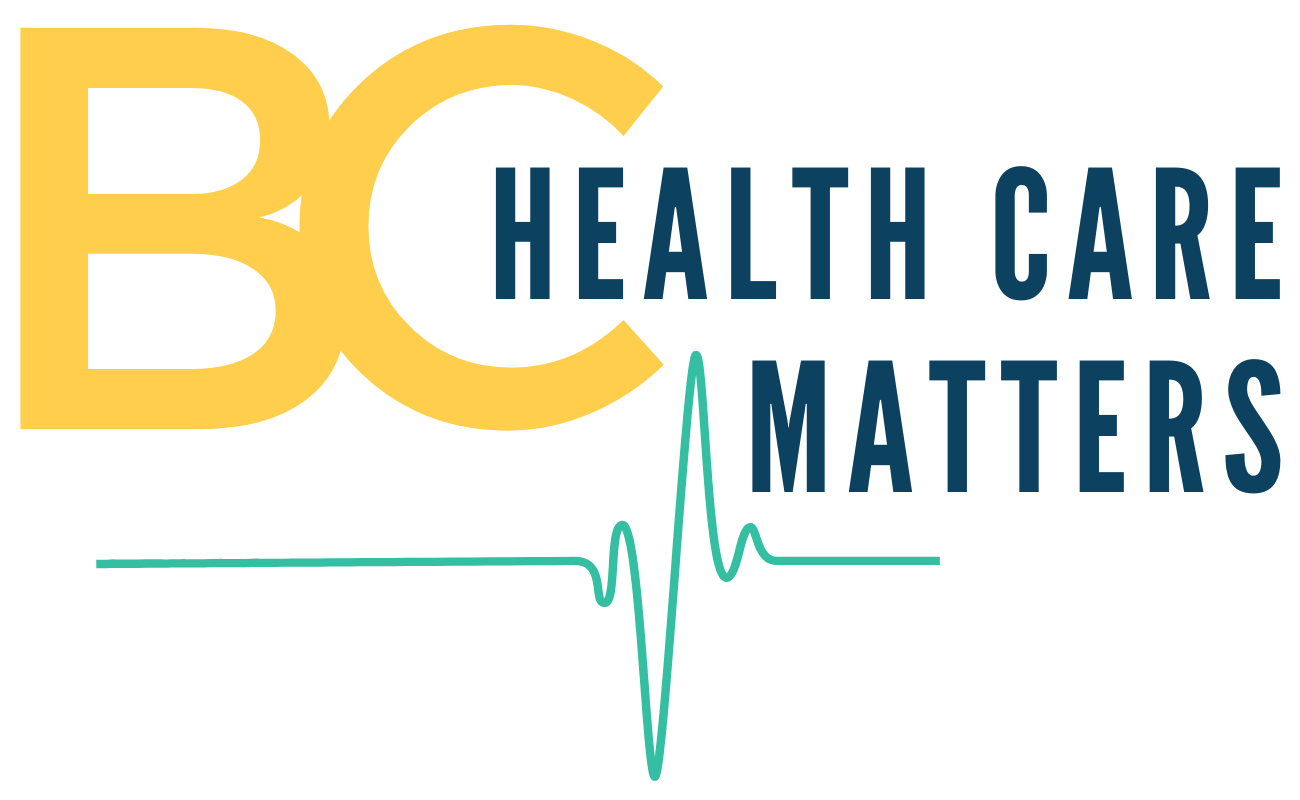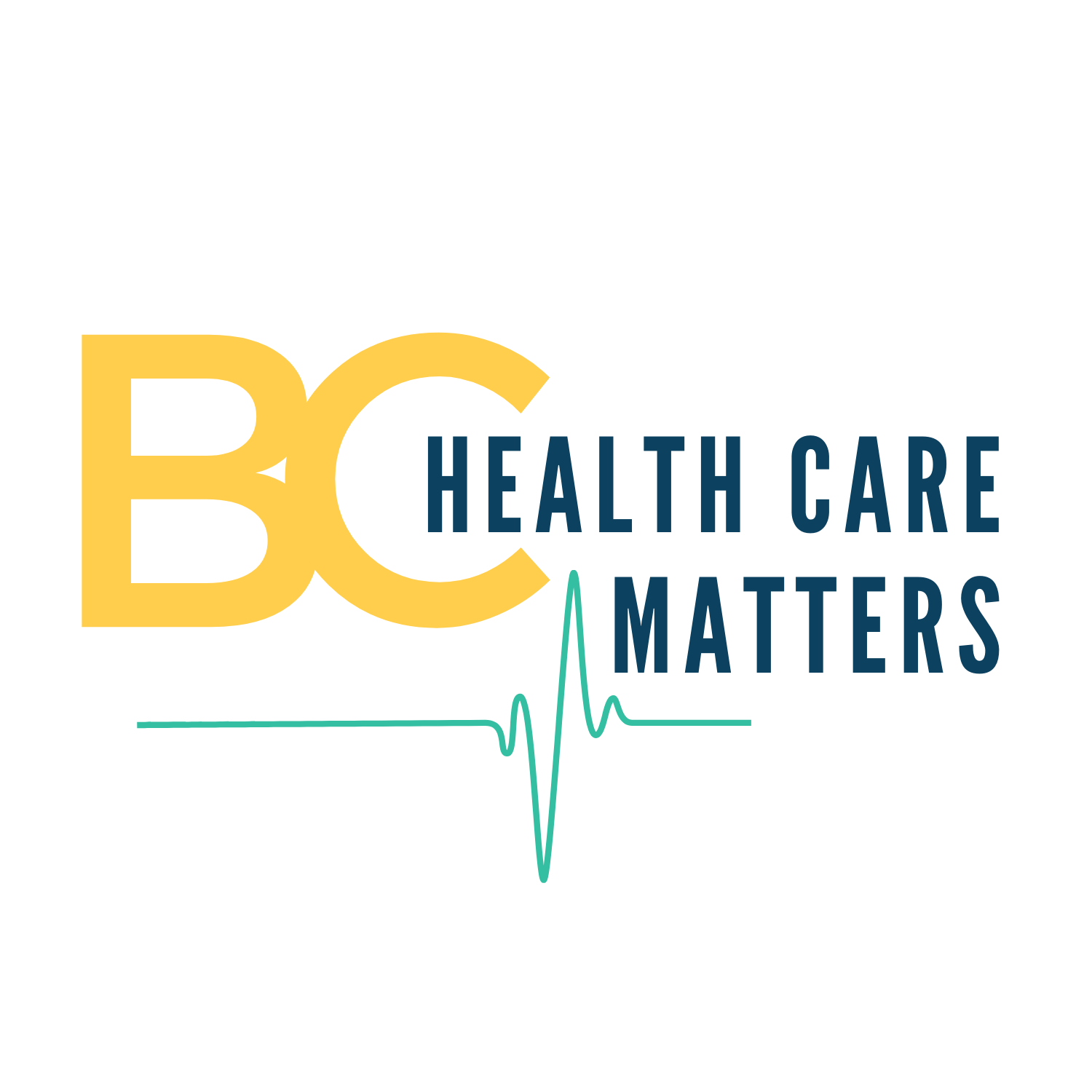Canada’s primary care crisis: Federal Government response.
IMPORTANT ARTICLE:
BCHCM strongly recommends this article which is an apolitical analysis of our primary care (PC) crisis, with suggested ways that both provincial and federal governments could implement a positive change. We have chosen several of its topics to summarize and to add our own comments.
ARTICLE OVERVIEW:
The Canada Health Care Act stipulates that the Government of Canada delegates to the provinces the responsibility of providing health care (HC) that is “comprehensive, universal, portable and accessible”. “Reasonable access to necessary care” is a must.
BCHCM COMMENTS:
The current situation convincingly shows that this model, as currently implemented, has failed miserably. Canada has gone from near the top of OECD countries performance comparisons to become one of the worst. The reasons for this decline are many and include:
Ottawa does not insist on outcome/performance measures as a condition for funding.
Overall HC is fragmented (provinces/territories) across the country.
There are no checks and balances in the administration of BC’s HC system.
The department of health controls its every single aspect, without transparency and with little to no input from the public. Forward planning is replaced by crisis management. Bad decisions are made and implemented with inadequate community input. Data is often manipulated to sound good.
The consequences of these deficiencies are self-evident. One million BC residents don’t have a family doctor, an extraordinary 8% of nursing positions can’t be filled, huge and damaging waiting times exist in emergency rooms* and in getting an appointment with a family practice doctor (FP) or specialist, closure of walk-in clinics, failed Urgent Primary Care Centers (UPCC) and bloated senior administration all contribute to the complete lack of trust in our government.
* Huge delays in ER wait times cause many deaths. Extrapolation from UK data reveals that approximately 1700 BC patients/year will die as a consequence. We punish a driver who causes a single death by poor driving, yet most citizens remain quiet when our government is absolutely responsible for thousands of deaths. Our BC MLAs should be inundated by protests. Extraordinarily, they aren’t. BCHCM strongly encourages such action.
ARTICLE POSSIBLE SOLUTIONS:
1. PROVINCIAL:
Shift to team-based care which is more efficient and patient friendly.
Expand the role of pharmacists.
Make it easier to recruit foreign trained doctors
BCHCM COMMENTS:
We agree totally with team-based care (TBC). Physicians, nurse practitioners, physician assistants, physiotherapists, dietitians all working together is a guarantee of high quality care and better working conditions. Yet there is no evidence that the BC government is actively pursuing TBC. Indeed, very recently, probably the best example of TBC in BC (Seymour Health, Vancouver) has been pushed into receivership by the Department of Health, largely because it refused to fund ultrasounds that the clinic performed as part of its unique approach to ensuring comprehensive patient care. This led to the clinic incurring a large debt. Such government actions guarantee a lack of trust and work contrary to the best interest of patients.
It is ironic that this same government (at considerable tax-payers’ cost) set up several expensive UPCCs that, if run like Seymour Health ran its UPCCs, would have proven the benefit of TBC. Instead, these government run UPCCs have not met the needs of the people and most struggle to retain staff. To add insult to injury, the health department refuses to release data on staffing and patient numbers of these UPCCs, so the extent of their failure remains hidden from the public.
Expansion of pharmacist role has just been implemented and is welcome news. However, the lack of an integrated electronic medical record system in BC leaves the plan with gaps and risks. Pharmacists, like medical practitioners, need access to patient files to be able to provide the best care possible. This lack of an integrated system has led some pharmacists to not register for the new rollout plan out of fear they can’t provide good care with only fragments of a patient's history.
Recruitment of foreign trained doctors has been extremely inefficient for years. There are scores of these doctors across Canada, who left their countries for a variety of reasons, who cannot get into the Canadian medical system because of extensive bureaucratic rules and regulations imposed by the College of Physicians, as well as a large shortfall in government funding for resident training programs. This lackadaisical approach by both of these parties is shocking considering the extent of FP shortfall that has been going on for years. Furthermore the application process and testing imposes significant cost for the applicant.
It is worth noting the distinction between these physicians and trying to recruit foreign medical graduates directly from their native countries. Recruitment of this latter group will deprive their countries of its often scarce supply of physicians and should not be encouraged.
ADDITIONAL NOTES: Several items were not covered in this article that warrant comment.
Physician assistants, like nurse practitioners, considerably enhance the productivity of family physicians (ie. see more patients). BC is way behind the rest of Canada in that it is the only province that has failed to plan such a program.
Misleading/incomplete information from government which perpetuates distrust. For example, when the government gives out the number of FPs it never corrects for full-time-equivalence which is the only number that counts. A recent announcement of 600 new doctors signing on to the new FP contract fails to give that information. Nor does it mention that many of these doctors are leaving their current positions as hospitalists, which will now create shortfalls in hospital medical coverage
Moral injury and the relative silence of representative bodies. When doctors (and nurses) are unable to do what they are trained to do, they suffer moral injury. Their medical/nursing associations and colleges should regularly publicly state that their members are being forced into providing substandard patient care. Individual doctors/nurses should similarly inform their patients. Politicians may respond to such exposure.
2. FEDERAL
Penalize provinces who fail to provide ‘reasonable access’ to care.
Offer financial bonuses to FPs who return to full-time practice.
Support a nationwide virtual care system.
Support/continue student (physician/nursing) loan forgiveness program.
BCHCM COMMENTS:
Penalizing provinces, though theoretically sound, would be political dynamite. It would be construed by individual provinces as usurping their role as providers. It would increase the demand for more money to achieve imposed federal targets. Apportioning blame for failure would become far greater than it already is. No political leader is likely to take this route.
It is worth noting that money is not the only issue. Canada already pays more for HC than most OECD countries (as a % of GDP) and yet has inferior outcome measures. Pouring more money into an inefficient and failing system will not solve the problems. On the topic of money, discussions of privatization or changing from a single payer system evoke almost primeval responses across the nation whereas many developed countries have combined public/private care systems that work far more efficiently than Canada’s. But they have more doctors, nurses, support personnel etc to be able to run their mixed systems. We are so far behind those numbers, with a near collapsing entire HC system, that any drain of personnel to the ‘private system’ would be catastrophic.
Bonuses for returning FPs. A large number of FPs have retired prematurely, largely due to poor working conditions. Many of these have several more years of useful service to offer. A nationwide, federal program of bonus incentives to return to work for several years would have an immediate beneficial effect. Equally, this scheme could be offered by the BC government.
Virtual care is a major advance in overall patient care when added to a longitudinal physician/patient relationship. Provided it is kept away from the private sector and is monitored for standards of care, it allows far more patients to be cared for by individual FPs. Overall savings to the HC system and to individuals can be huge. The federal government could support the development of virtual care access across the country, including direct patient insurance for it, thereby ensuring standards that comply with the Canada Health Act in the process.
Loan forgiveness program. Chronic student debt is often a factor for why nurses choose to increase their income by working for private nursing agencies. This dramatically increases HC costs. A loan forgiveness program would reduce this temptation. The federal government has already used debt forgiveness as an incentive to work in under-serviced communities. Such a program could also be offered by the BC government.

